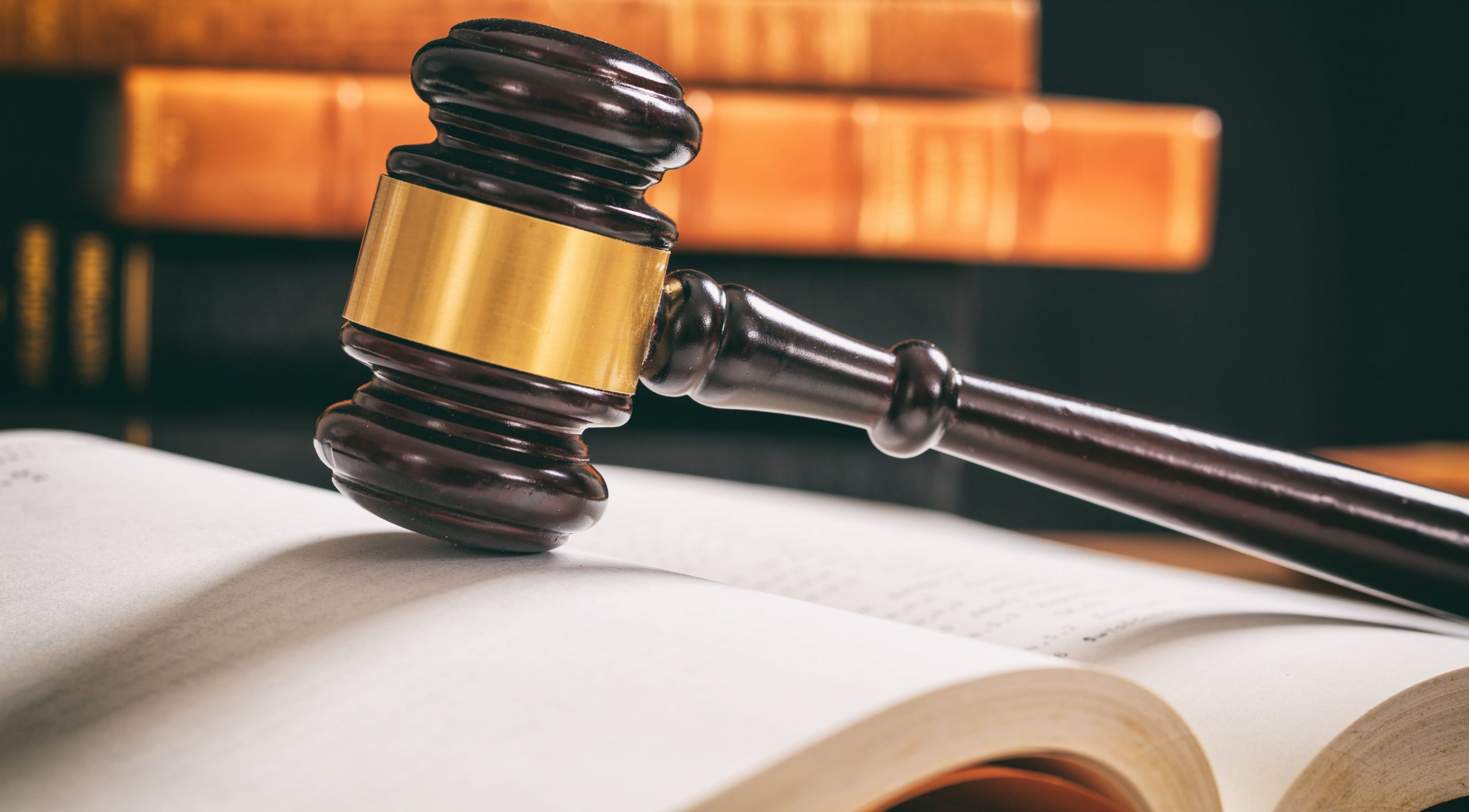I am studying in the third year of the State University of Economics and Technology.I specialize in contractual, economic and corporate law, in particular, I provide consultations and write articles.
Pre-trial investigation and court proceedings in criminal cases containing information establishing a state secret require the maintenance of special confidentiality conditions. This procedure is provided to ensure the security of state interests and non-disclosure of secret information.
- Maintaining confidentiality: All actions in criminal proceedings must be kept confidential. This means that procedural decisions should not publish information that constitutes a state secret. At the same time, discussing or documenting classified information is allowed only in secure conditions.
- Admission of participants in the proceedings: Only those persons who have official access to state secrets of the appropriate level are allowed to participate in such criminal proceedings. They must also have access to specific classified information or its material carriers. This rule applies to all parties to the proceedings, including defense counsel, court representatives of the suspect, the accused, the victim, interpreters, experts, specialists, the court clerk and the court administrator.
- Providing access to classified materials: Defenders, representatives, translators and other participants in the process shall be provided with access to materials constituting a state secret, provided that this access is necessary for the exercise of their rights and obligations in the proceedings. Access is granted on the basis of an order or written order issued by the head of the pre-trial investigation body, the prosecutor or the court.
- The procedure for making a decision on access: The decision to grant access to specific classified information is made by the relevant body, depending on the stage of the proceedings (pre-trial investigation, trial), and is documented in the form of an official order or order.
Thus, a criminal proceeding containing a state secret is conducted according to a special procedural order, which ensures the restriction of access to secret information and preserves the regime of secrecy at all stages of the investigation and trial.
Question
What is a state secret?
Answer
According to Art. 1 of the Law of Ukraine "On State Secrets" state secret (or secret information) is a type of information that includes information in such areas as defense, economy, science and technology, foreign relations, state security and law enforcement. Disclosure of this information may harm the national security of Ukraine. Information belonging to the state secret is recognized as such in accordance with the procedure established by the relevant law, and is subject to protection by the state.
Question
Who can access the materials of criminal proceedings that contain state secrets?
Answer
The suspect, the accused, their defense counsel or legal representative may make extracts from materials constituting a state secret, but only for the preparation and implementation of the defense. These extracts must be printed by those who made them in such a way that their contents cannot be read by anyone other than the author. Extracts are kept confidential in pre-trial investigation bodies or in court. They are made available for perusal only to the person who compiled them, and only at his request. The victim, his representatives, translator, expert, specialist, secretary of the court session and court administrator are prohibited from making extracts and copies from materials that ensure state secrecy. During the pre-trial investigation, familiarization takes place in the entire body of the pre-trial investigation. During court proceedings, inspection is possible only in the case of a court.
These rules are intended to ensure the confidentiality of information that constitutes a state secret, while at the same time providing the suspect and his defense capacity with the opportunity to provide a defense, while complying with established restrictions and rules of secrecy. In criminal proceedings that ensure state secrets, special provisions are provided for the storage, examination and examination of classified information aimed at protecting national security.
The main provisions of access to state secrets:
- Storage of material carriers of classified information: If the material carriers creating a state secret were not applied to the materials of the pre-trial investigation, they are transferred to the regime-secret division of the pre-trial investigation body for safekeeping in accordance with the legislation.
- Rights of participants in criminal proceedings: Proceedings containing state secrets are not grounds for restricting the rights of its participants, except for cases provided by law, in particular those exempted from the protection of state secrets.
- Examination of classified information: Expertise on the legality of classifying certain information as a state secret, changing its degree of secrecy or declassifying this official is assigned to a state expert on secrets. This person has the powers defined for experts in accordance with the Criminal Procedure Code of Ukraine.
- Protection of methods and technologies corresponding to state secrets: During the examination, if methods, technologies or other information protected as a state secret are used, this information is not included in the descriptive part of the examination conclusion.
These provisions ensure a balance between the rights of the participants in the criminal process and the requirements for the protection of classified information, which prevents the release of data that could threaten national security.
Lawyer services in criminal proceedings:
A lawyer in criminal proceedings provides legal assistance, protecting the rights and interests of clients in complex and often critical situations. Here are the main types of legal services:
The lawyer help in criminal proceedings are aimed at protecting the rights of the suspect, the accused or the victim at every stage of the case — from the pre-trial investigation to the trial. The lawyer provides support to the client, using his knowledge and experience to build a strategy to protect or defend the rights of the injured party. A lawyer can participate in the following actions, prepare statements, motions and complaints, as well as represent the client's interests in court. Lawyer advice is especially important in cases involving complex or sensitive issues, such as cases involving state secrets.




































